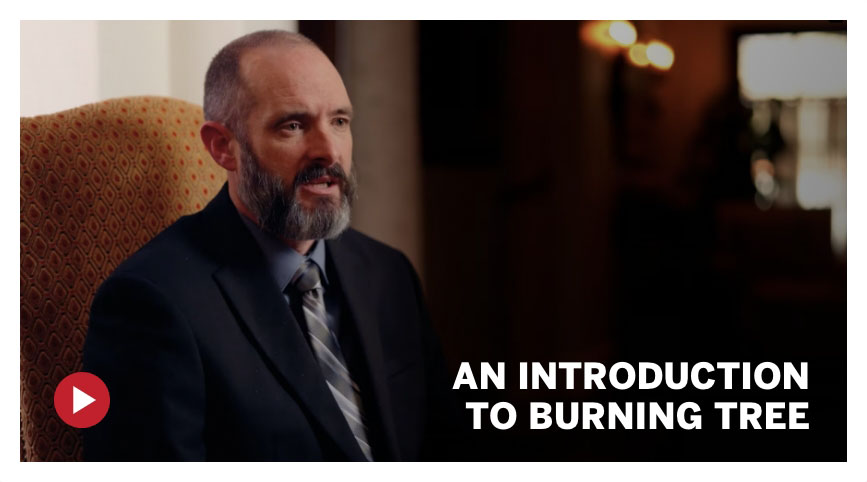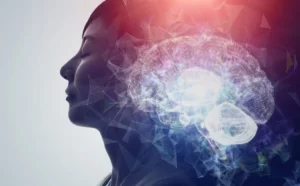
Addiction and Relationships: The Hard Truth About the Impact of Addiction
The strength of personal and romantic relationships is truly put to the test in recovery from alcohol or drug abuse. Marriages—or other, long-term, committed relationships—and substance abuse don’t mix. If your partner drinks too much, the effect is felt by his or her spouse and children, friends, relatives, and coworkers.













